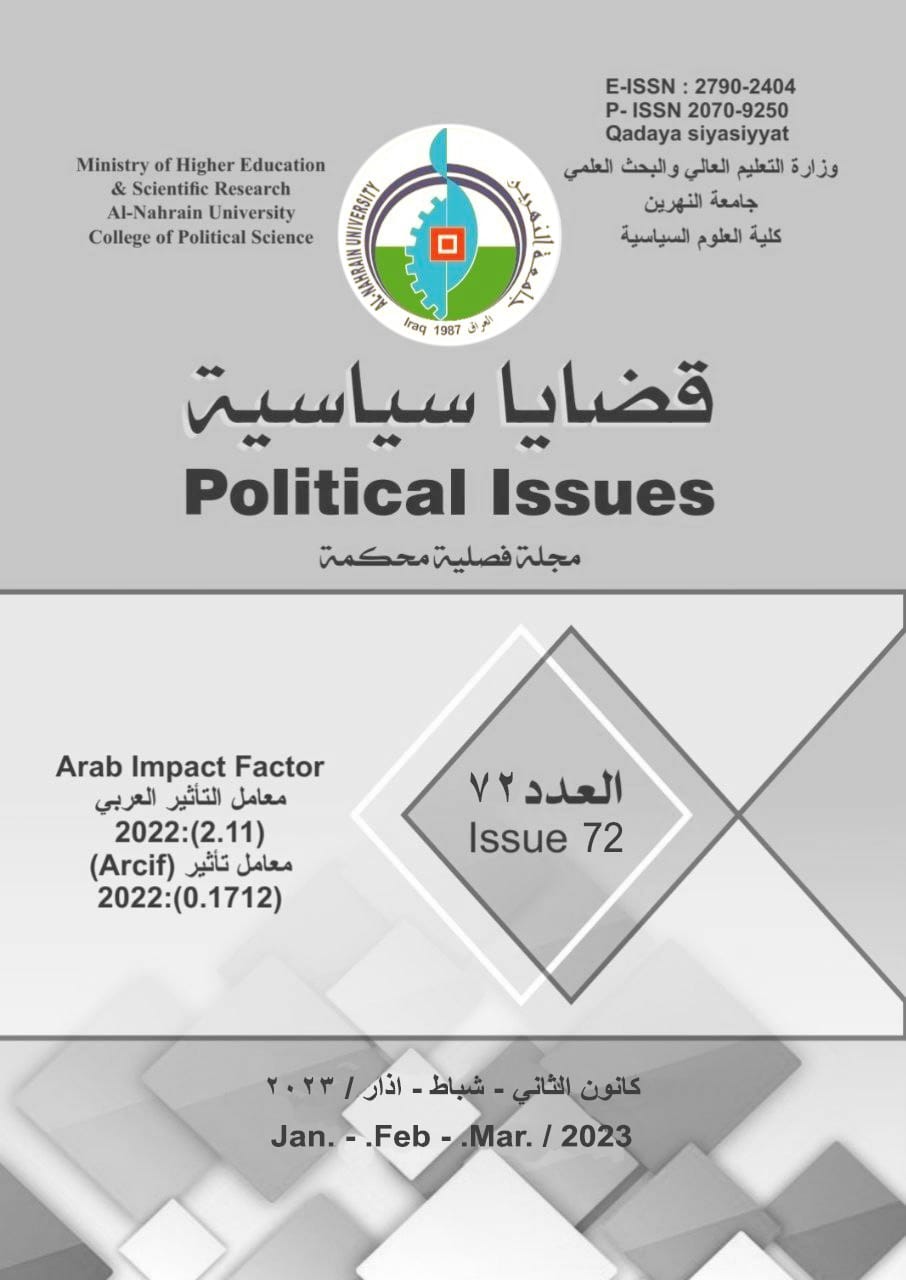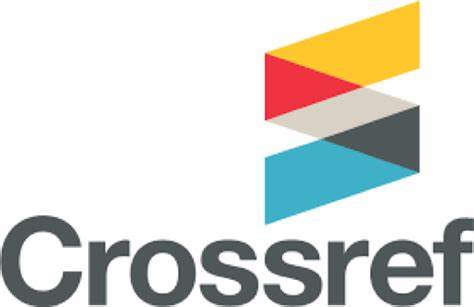Class Consciousness in Modern Marxist Political Thought (Selected Models
DOI:
https://doi.org/10.58298/2023343Keywords:
Class consciousness, Marxist political thought, revolution, stateAbstract
Class consciousness represented its highest stage in modern Marxist thought. According to Marx, Engels and Lenin, class consciousness is not just a reflection of reality, rather it is formed dialectically through the reflection of consciousness on reality. Consciousness used to be seen as an outcome of the evolvement of reality, yet it became a tool to improve reality. That is, the superstructure affects the base, unlike what Marx claims. Lenin bestowed considerable significance on consciousness as it plays an important role in the process of historical development. Lenin considers class consciousness as a tool employed by the proletariat to change the Bourgeois via revolution. However, although Lenin agrees with Marx and Engels about the use of consciousness as a means to change the system, he differs from them as to how consciousness is attained. Lenin did not give any role to spontaneity and syndicalism and denied that proletariat class consciousness is self-generated, rather it is transferred from the class of the educated, students and political parties. Lenin emphasized the role of proletariat ideologies in propagating and raising awareness of the revolutionary goals among people, unlike Marx who considered ideologies as fake consciousness and impediment to achieving true consciousness. Contrary to Marx, Lenin emphasised the importance of uniting workers with peasants and the necessity to organize them in one vanguard party that carries the torch of revolution and establishes the socialist state, which then will demise as the communist awareness starts to take root
Additional Files
Published
Issue
Section
License

This work is licensed under a Creative Commons Attribution 4.0 International License.
This is an Open Access article distributed under the terms of the creative commons attribution (CC BY) 4.0 international license which permits unrestricted use, distribution, and reproduction in any medium or format, and to alter, transform, or build upon the material, including for commercial use, providing the original author is credited.






